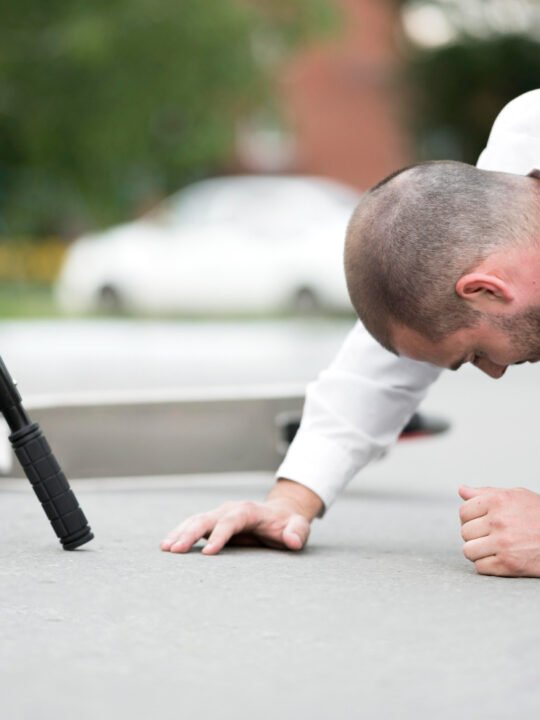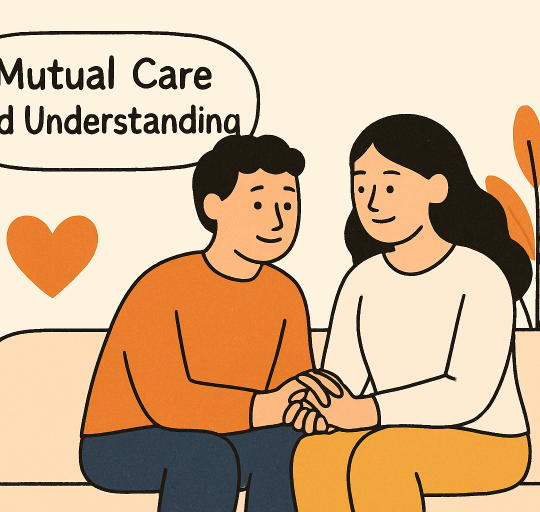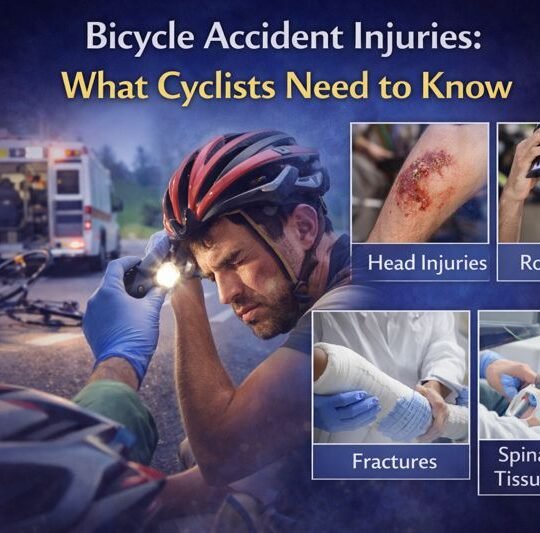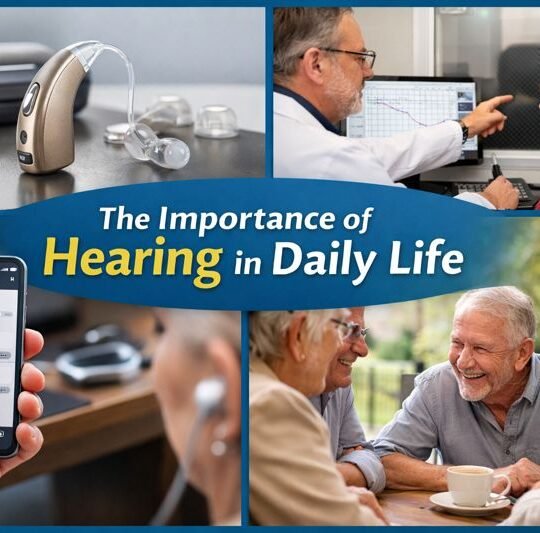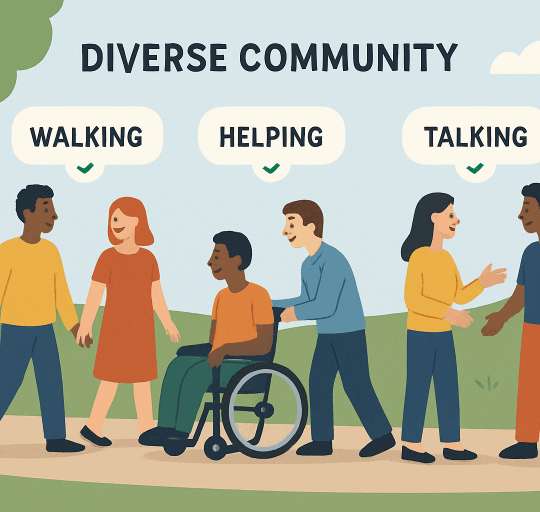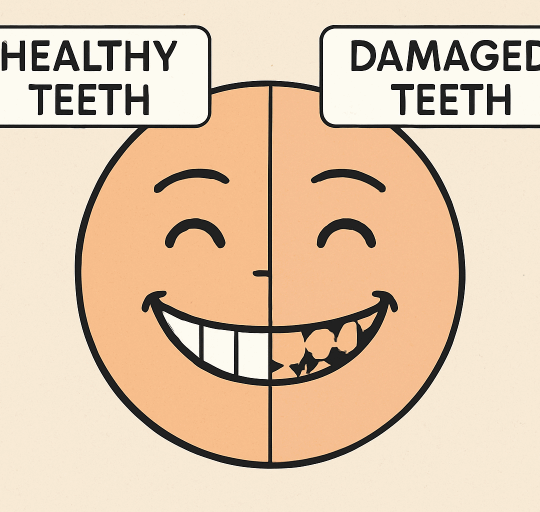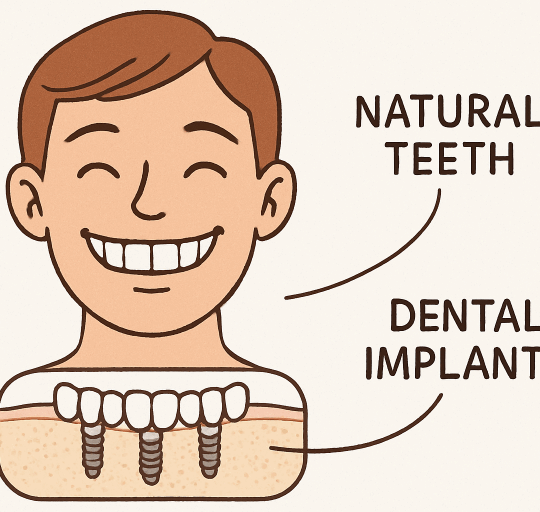 Stress and anxiety can affect anyone from time to time. Whether it’s the impact of a new job and all the adjusting that entails, or a problem in your personal life such as a divorce, a fall-out or a house move, stress and anxiety can appear in many different facets of a person’s life. There’s nothing to be ashamed about when experiencing stress and anxiety – but at the same time, it’s something that needs sorting out.
Stress and anxiety can affect anyone from time to time. Whether it’s the impact of a new job and all the adjusting that entails, or a problem in your personal life such as a divorce, a fall-out or a house move, stress and anxiety can appear in many different facets of a person’s life. There’s nothing to be ashamed about when experiencing stress and anxiety – but at the same time, it’s something that needs sorting out.
For those who have these negative feelings on a semi-regular basis, finding a medical or lifestyle-related solution is a way of taking control. There are plenty of options out there: the role of traditional medical therapies and psychological, talking-based interventions is worth looking into, while medication or lifestyle changes could also cause change. This article will look at what the options are.
Talking or medical therapies
When it comes to getting help for your stress or anxiety, the first logical step to take is to head over to your doctor or other medical professional and see what they have to say. For many people with anxiety or stress, that is a big leap: admitting to a personal problem can make you feel embarrassed or vulnerable, and this in turn can make it less likely that you’ll go along. For that reason, it may be worth asking a loved one to come with you and give you some support because the benefits of seeking help could be huge.
In the long term, this kind of brave and bold decision could be the catalyst for real change. A doctor may, for example, refer you to a provider of what’s known as “talking therapy”: this involves sitting down with a psychotherapist or other trained professional who can ask structured questions to help you share details about your life and help you to understand why you feel the way you do. In other cases, your physician may prescribe you some medication – such as SSRIs, or selective serotonin reuptake inhibitors, which can help you to regulate your emotions.
Lifestyle changes
In some circumstances the traditional medical route may not actually be of use. Some people know that working with an established medical practice isn’t the right route for them, perhaps through prior experience or research. And for others, experimenting with lifestyle changes may be the route they want to try first before they move to a medical approach.
The lifestyle change that works for you might not immediately be obvious, and it can take some time to work it out. You may find, for example, that the change that works best for you is to cut down on your intake of certain substances, such as caffeine or alcohol. For other people, it could be that you need to increase the amount of exercise you take: running and hiking are two examples of exercise experiences which are often used to control the impact of anxiety and stress. They are frequently cited by those who have recovered from the problem as examples of life-changing behaviors due to the release of endorphins that exercise can cause.
Alternative therapies
And then there’s also the world of alternative therapies to explore, too. Few people have experience of alternative therapies and the positive effects that they can have, but for those who do it’s often considered a godsend. Herbal remedies are one way to go: from St John’s Wort to Valerian, there are several mainstream herbal products out there which many people consider to be effective.
The rise in the use of CBD oil, meanwhile, has been a boon for some people. CBD tincture tools including https://cbdluxe.com/product-category/tinctures/ work by changing how your CB1 receptors function, meaning that all-important serotonin is more likely to be released by your brain – and in turn make you feel less stressed and anxious.
Experiencing stress and anxiety can quite quickly become a difficult problem, and it can affect everything from your personal life to your professional career. For those reasons, getting a hold on it is a good idea – and there are plenty of options available. Traditional medical avenues such as talking therapies or antidepressants are wise moves for some, while taking advantage of alternative therapies and making lifestyle changes works for others. By doing your research and exploring what opportunities are available, you’ll quickly find a mixture of options that work for you.

